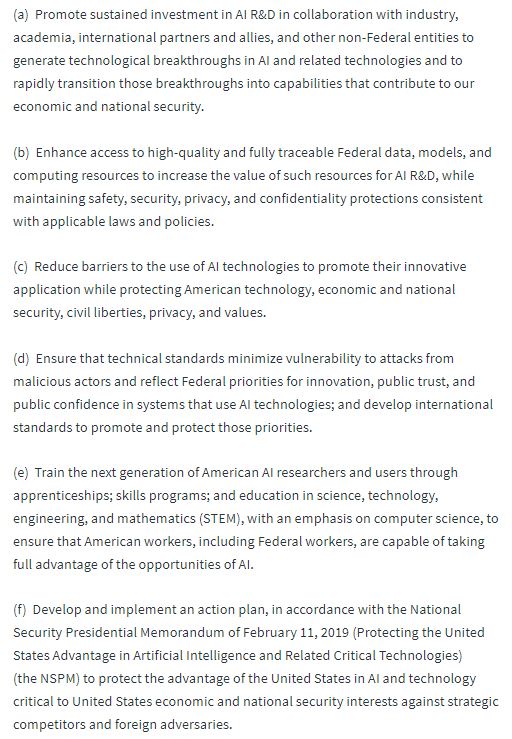defense.gouv.fr/salle-de-press…
Thread on France's new military #AI strategy.
(note - I couldn't find an English translation, so I'll translate, but keep in mind the translation isn't official).
[1]
So basically: France says, 'there is an #AI race - let's not lose it. [3]
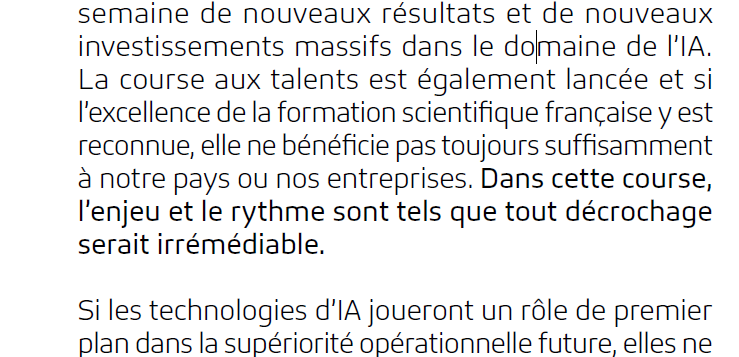
[7]
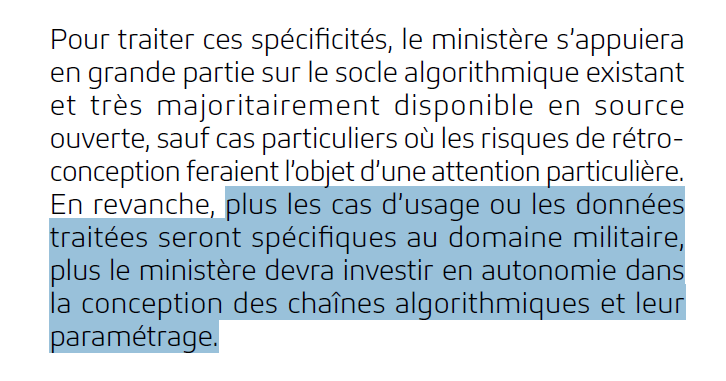
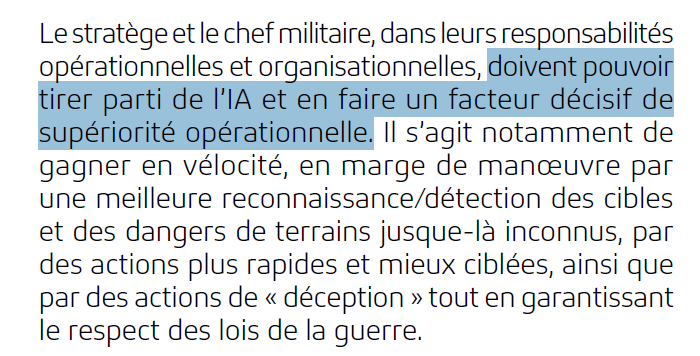
"improve proportionality",
and "guarantee that an action [is] determined by strict need." [12]
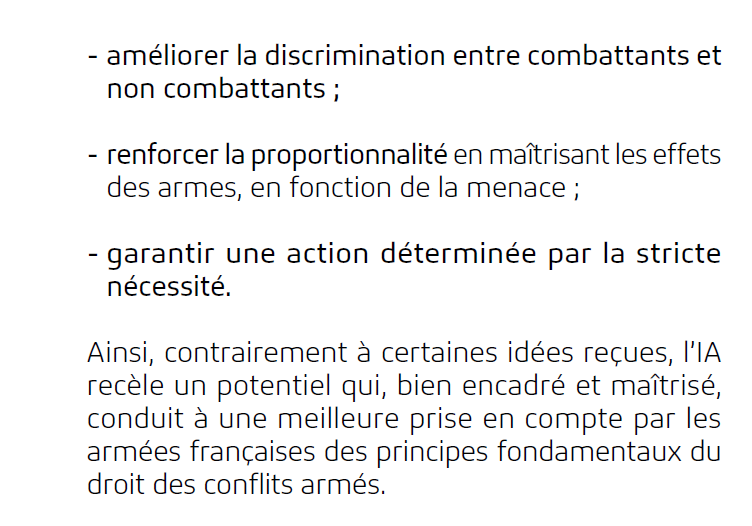
*not gonna lie, I had to look up this word in *both* languages 😅
In the meantime, read for yourself here: defense.gouv.fr/english/salle-…
#France #AI #AIStrategy #Europeansovereignty












